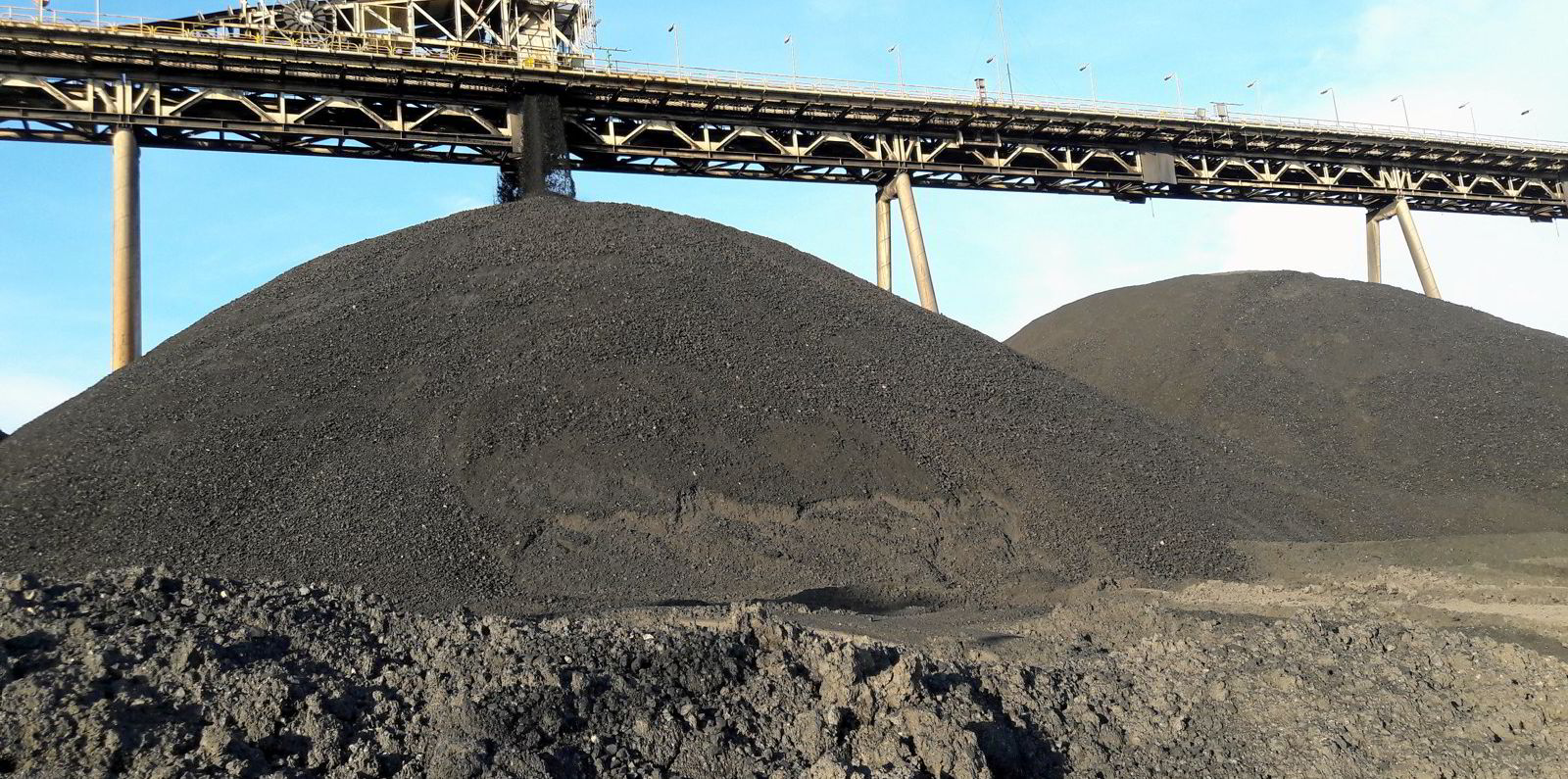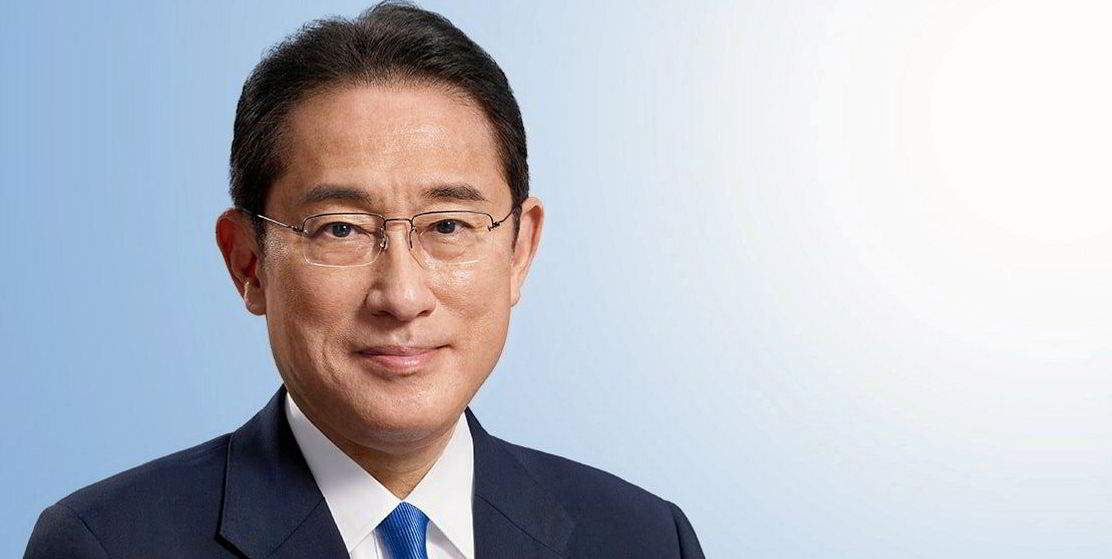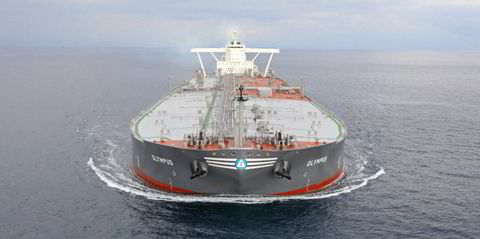Japan, the world’s third-largest coal importer, has said it will ban coal imports from Russia and impose a wide range of additional sanctions.
The Asian economic powerhouse said the measures are in response to the alleged atrocities committed by Russian forces in Ukraine.
According to the Asahi Shimbun newspaper, Japan is also phasing out Russian oil imports and is implementing import bans on Russian lumber and other goods.
In addition, new Japanese investments in Russia are prohibited.
Japan’s prime minister Fumio Kishida said the sanctions against Russia are in line with those taken by the G7 nations of Canada, France, Germany, Italy, Japan, the UK and the US.
Kishida did not set a timeline for the total ban on Russian coal, claiming Japan would first need to assess the impact and take steps towards securing alternatives supplies.
Coal is used widely by Japanese utility companies and manufacturers, with Russian coal accounting for about 11% of the country’s total coal imports.
In 2021, Japan imported 17m tonnes of Russian coal.
Japanese shipping sources said supramax and ultramax bulkers are the predominant carriers of Russian coal to Japan, with loading largely taking place at ports in the Russian Far East such as Vostochny and Vanino.
One source told TradeWinds he does not expect the coal ban to harm the dry bulk sector. He said he believed the impact may even be positive as Japan will be importing more coal from countries such as Indonesia and Australia, which will lead to an increase in tonne/mile ratios.
As Japan reduces its Russian crude oil imports, the country’s refinery companies are said to have cut their ties with Russia.
Eneos Holdings, Japan’s biggest refiner, was reported not to have signed new contracts for Russian crude since the invasion of Ukraine was launched in late February.
While Japan is one of the world’s largest crude importers, buying on average 2.49 million barrels per day in 2021, only 4% of that was supplied by Russia.
Kishida noted in February that Japan was holding about 240 days’ worth of oil reserves.
To help bolster European energy supplies, Japan also agreed in February to divert surplus LNG cargoes to Europe as a hedge against the possibility of Russia cutting off gas supplies.
Acting together with the G7 nations, Japan has expelled eight Russian diplomats and trade officials. It is also stepping up financial sanctions against Russian banks and freezing assets of about 400 individuals and groups, including military-linked organisations.






